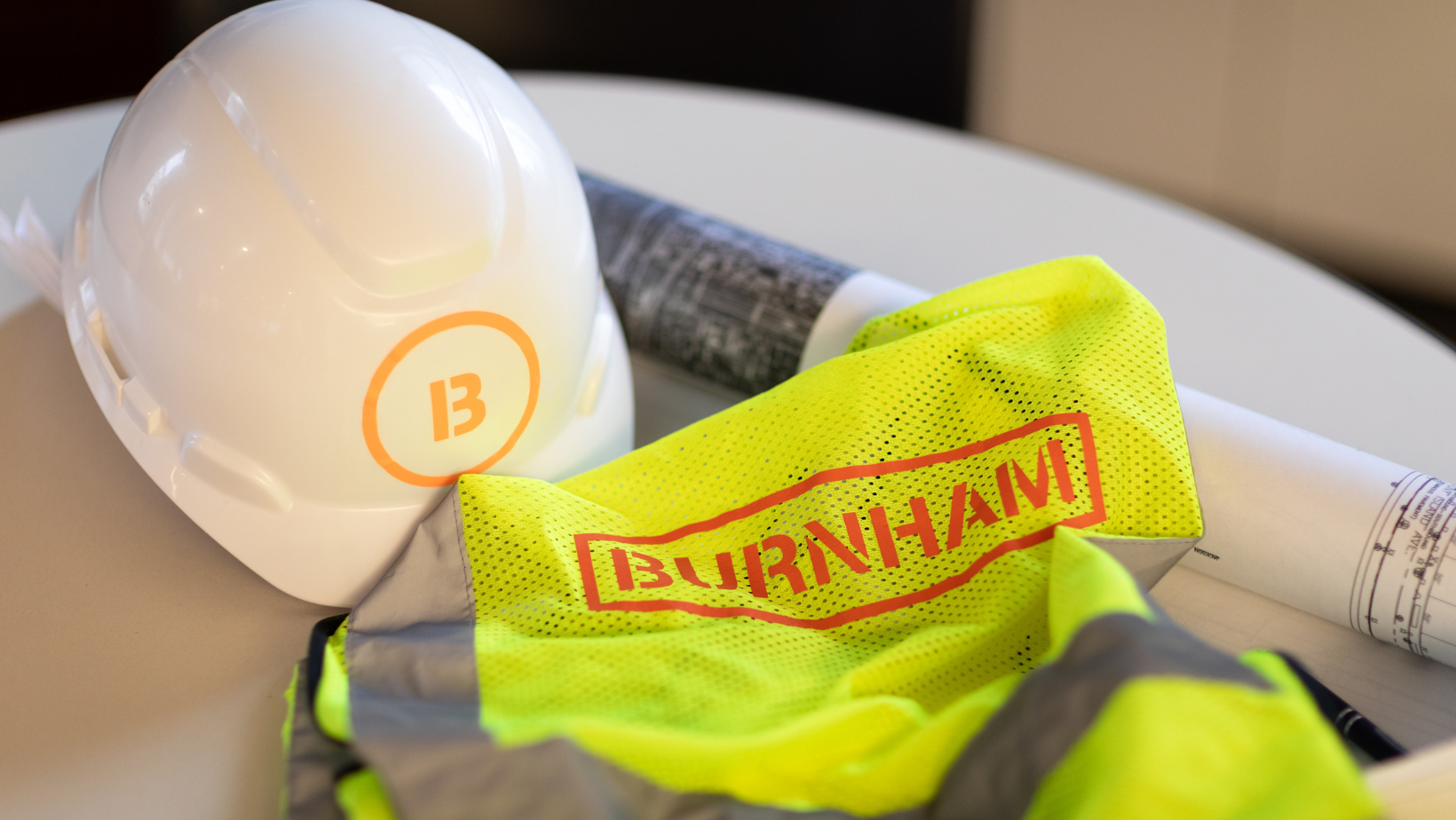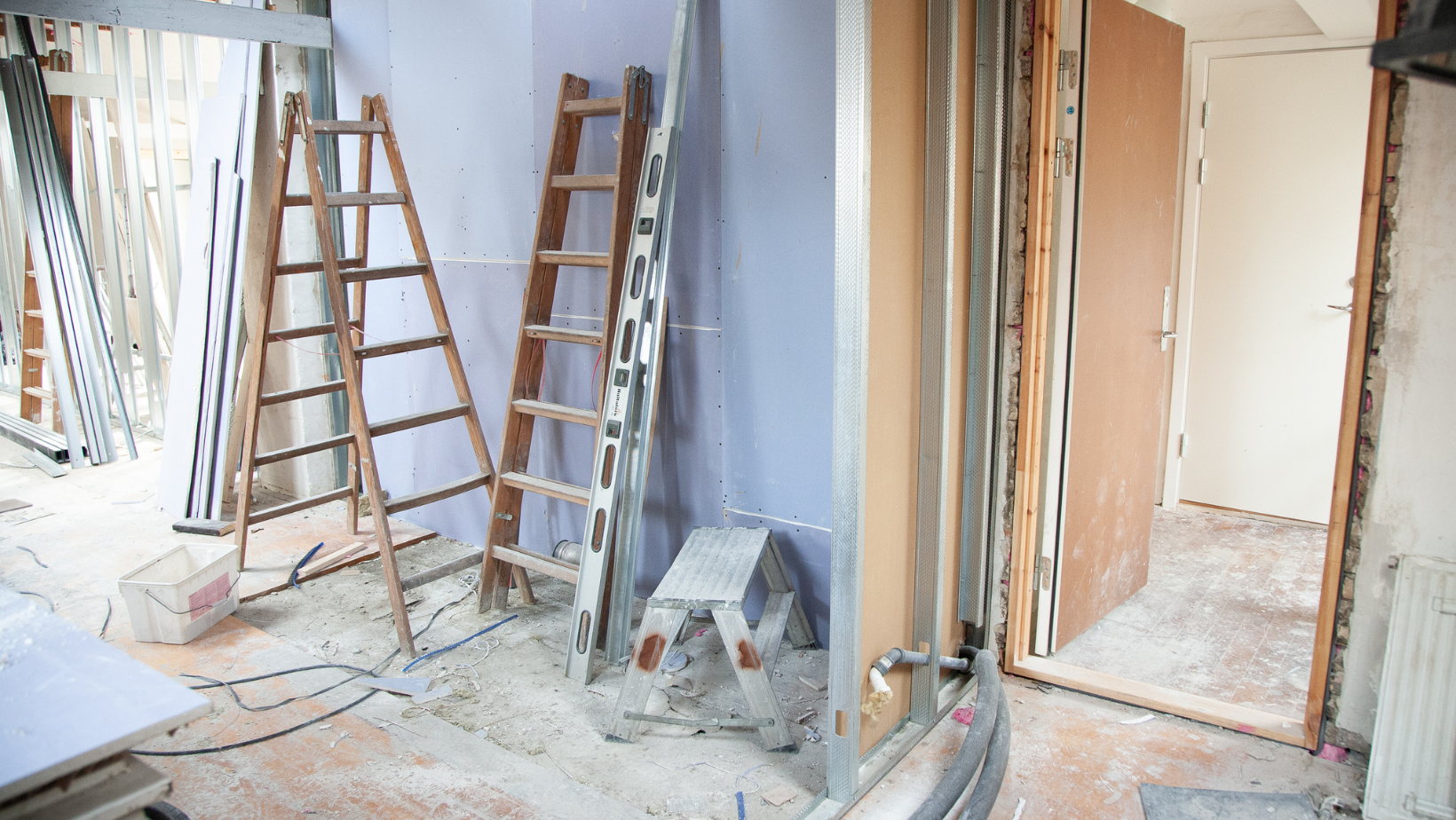Energy Code Alert

Posted by Christopher E. Chwedyk, CSI, AIA
by Christopher Chwedyk AIA, NCARB, CSI, ICC, BOMA
Illinois has become the first state in the US to adopt the 2012 International Energy Conservation Code (IECC) as its mandatory statewide building energy code, which is set to take effect on January 1, 2013.
The 2012 IECC was adopted in its entirety, with some minor adjustments to the residential code, after the Illinois Joint Committee on Administrative Rules (JCAR) approved the new rules on December 11, 2012 at their meeting inChicago.
Since Chapter 18-13 of the Chicago Building Code has yet to be modified to meet and exceed the requirements of the State, there will be a moratorium on the enforcement of those energy provisions by the Department of Buildings and, instead, State law will apply. Therefore, those seeking a building permit after January 1 will be obliged under State law to follow the 2012 IECC.
As a matter of policy, Chicago does not review energy provisions for code compliance as part of the plan review process to obtain building permits, but only requires that Illinois licensed professionals specifically certify that submitted drawings meet current code and supply the DOB with verification in the form of COMcheck, REScheck, or ASHRAE 90.1 backup data. Until such time as the Chicago Code is updated, the drawings must comply with State code, regardless of the moratorium.
For commercial buildings, a new section on building commissioning for mechanical systems has been added.
For new residential buildings, blower door testing is now required.
A full list of changes between the 2009 and 2012 codes is available from the U.S. Department of Energy on their website http://www.pnnl.gov/main/publications/external/technical_reports/PNNL-21435.pdf
Also, it is likely that the Chicago title ‘Registered Energy Professional’ will become a thing of the past and that Illinois licensed professionals will instead need to become ‘Certified Energy Professionals’ by taking additional training and possibly taking an examination provided by the International Code Council (ICC). This will not take effect until the new ordinance is enacted by the City Council later in 2013, but it is still the responsibility of licensed professionals to design their projects to meet the applicable (more restrictive) provisions of each code.
For example, roof solar reflectance provisions of the City code will still apply, even though they are only required in the 2012 IECC for climate zones 1, 2 and 3. Also, internally illuminated exit signs still need to be 10 watts per side inChicago, not 5 watts as indicated in the IECC.
Not following these requirements could become liability issues later on, when projects are inspected or buildings are for sale to new owners.
Have Questions? Call us toll free at 800-407-7990!




